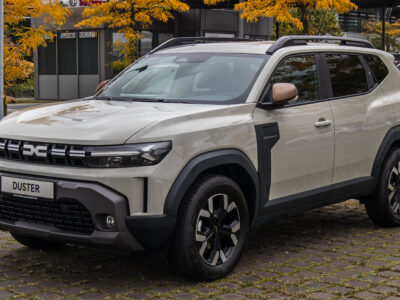
Are MINI Coopers Reliable? Best & Worst Years to Buy (Expert Guide)
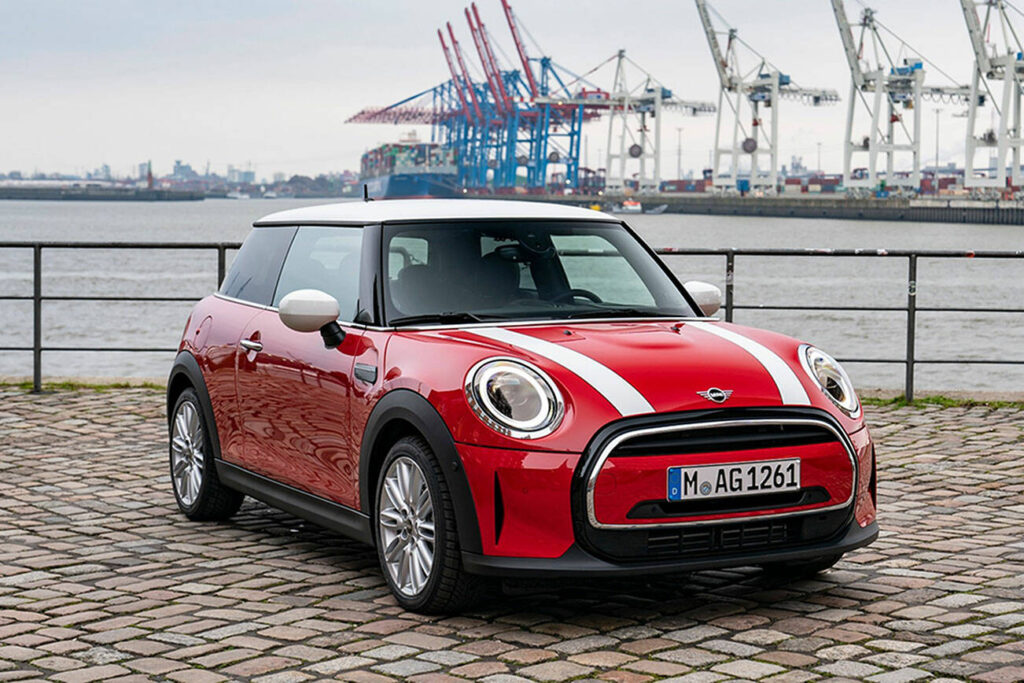
Introduction: Understanding MINI Cooper Reliability
As passionate automotive analysts, we recognize that choosing a MINI Cooper means choosing personality, performance, and premium design in a compact package. Yet, reliability varies significantly across model years. To help you buy with confidence, we break down the most reliable MINI Cooper years and the ones to avoid, backed by owner data, recall history, and long-term performance trends.
This is your definitive MINI Cooper reliability guide—clear, precise, and engineered to outperform generic summaries.
Quick Verdict: Are MINI Coopers Reliable?
MINI Coopers offer lively performance, premium feel, and iconic style. Reliability depends heavily on model year and engine version.
✅ Most reliable years:
2002, 2011, 2012, 2015, 2016, 2017 (JCW), 2022 (SE)
❌ Years to avoid:
2005, 2010, 2014 — known for engine, cooling, power-steering & electrical problems
Best MINI Cooper Years for Reliability
2002 MINI Cooper – The Legendary Relaunch
Why it shines:
- Launch year with remarkably few registered issues
- Proven naturally-aspirated 1.6-liter engine
- Strong mechanical durability with basic tech
Key strength: Low complaint volume on aging models—rare for a first-year redesign.
2017 MINI John Cooper Works (JCW)
Why it's a standout:
- High-performance 2.0 turbo engine yet impressive reliability
- Zero NHTSA recall instances for JCW variant
- Exceptional owner satisfaction ratings
Best for: Drivers wanting performance without reliability compromise.
You may be interested in reading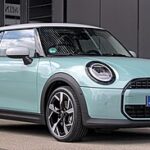 Difference Between Mini Cooper and Mini Hatch: A Complete, Real-World Guide
Difference Between Mini Cooper and Mini Hatch: A Complete, Real-World Guide2022 MINI Cooper SE (Electric)
Why it's dependable:
- EV powertrain with minimal mechanical wear points
- Only one minor recall affecting limited units
- Simple drivetrain, fewer failure-prone components
Ideal for: Urban drivers seeking efficiency + low maintenance.
Other Reliable Runner-Up MINI Years
| Model Year | Notes |
|---|---|
| 2016 | Strong reliability trend & refined engines |
| 2015 | Solid build, early F-Series refinement |
| 2012 & 2011 | Reliable late R56 models with issues resolved |
| 2008 | One of the stronger late R53 units |
MINI Cooper Years to Avoid
❌ 2005 MINI Cooper – The Most Troublesome
Common failures:
- Power-steering pump failure (expensive fix)
- Electrical & lighting faults
- Airbag issues
Why avoid: Highest volume of complaints and recalls in early MINI generation.
❌ 2010 MINI Cooper (R56)
Common failures:
- Oil consumption & leaks
- Coolant system problems
- Turbo failures (S model)
Outcome: Costly long-term ownership due to engine & cooling failures.
❌ 2014 MINI Cooper
Key problems:
- Highest recall count in modern MINI history
- Airbag inflator defects
- Oil & coolant leaks leading to engine wear
Summary: Early F-Series launch year—avoid first-cycle development issues.
MINI Cooper Reliability by Generation
1st Gen (R50/R53) — 2001 to 2008
- Supercharged S models offer fun & character
- Early models prone to power-steering issues
- Best years: 2002, 2008
- Avoid: 2005, 2006
2nd Gen (R56) — 2006 to 2015
- Turbo replaces supercharger
- Notorious for timing chain tensioner issues early on
- Best years: 2011, 2012, 2015, 2016
- Avoid: 2010
3rd Gen (F55/F56/F57) — 2014 to 2023
- Improved drivetrain & tech
- Early production issues present
- Best years: 2017 (JCW), 2019, 2022 SE
- Avoid: 2014
4th Gen (F65/J01) — 2023+
- Early in lifecycle; long-term reliability unknown
- Strong focus on electrification
- Best reserved until more durability data is collected
Most Common MINI Cooper Reliability Issues
Even reliable years may see these issues:
You may be interested in reading Difference Between Mini Cooper and Mini Hatch: A Complete, Real-World Guide
Difference Between Mini Cooper and Mini Hatch: A Complete, Real-World Guide Is Mini Cooper Expensive to Maintain? (Full 2025 Guide)
Is Mini Cooper Expensive to Maintain? (Full 2025 Guide)| Problem | Symptoms | Fix Cost Range |
|---|---|---|
| Timing chain stretch (R56) | Rattle, misfires | $900–$2,200 |
| Oil leaks | Burning smell, puddles | $300–$1,400 |
| Power-steering pump failure | Heavy steering | $800–$1,500 |
| Water pump failure | Overheating | $400–$800 |
| Turbo failure (S models) | Loss of power | $1,200–$3,000 |
Tip: Regular oil changes & coolant maintenance drastically improve life expectancy.
Buyer Recommendations
Best Budget Option
- 2012 MINI Cooper
- Solid reliability + affordable maintenance
Best All-Rounder
- 2017 MINI JCW
- Reliability + performance + modern tech
Best Eco Choice
- 2022 MINI Cooper SE
- EV reliability + city usability
Conclusion
MINI Coopers can be highly reliable, provided you choose the right years and maintain them diligently. Late-cycle models in each generation and performance-tuned JCW trims consistently deliver the best ownership experience.
To enjoy a trouble-free MINI:
✅ Pick later-generation refined models
✅ Maintain engine fluids religiously
✅ Avoid early production / known trouble years
Premium character and thrilling drive? Absolutely.
Just pick wisely—and drive happy.
FAQs
Is MINI Cooper maintenance expensive?
Maintenance is higher than average small cars due to premium engineering, but predictable when serviced regularly.
Do MINI Coopers last 150k miles?
Yes—especially well-maintained 2012+, 2015+, and EV models.
What’s the most reliable MINI engine?
The B48/B38 BMW-developed engines in later F-Series models are the most durable.
Are older supercharged MINIs reliable?
R53 supercharged engines are beloved and strong; just budget for maintenance.
Which MINI should a first-time buyer choose?
A 2015–2016 or 2017 JCW offers reliability + modern tech + fun driving dynamics.
You may be interested in reading Difference Between Mini Cooper and Mini Hatch: A Complete, Real-World Guide
Difference Between Mini Cooper and Mini Hatch: A Complete, Real-World Guide Is Mini Cooper Expensive to Maintain? (Full 2025 Guide)
Is Mini Cooper Expensive to Maintain? (Full 2025 Guide) The Largest MINI Model: The Ultimate Guide to the MINI Countryman
The Largest MINI Model: The Ultimate Guide to the MINI CountrymanIf you want to know other articles similar to Are MINI Coopers Reliable? Best & Worst Years to Buy (Expert Guide) you can visit the category Blog.
Leave a Reply

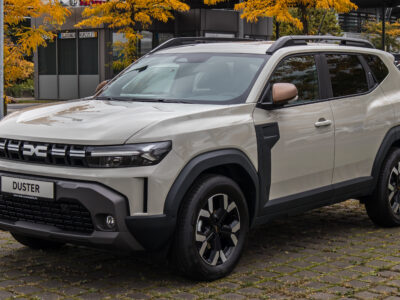
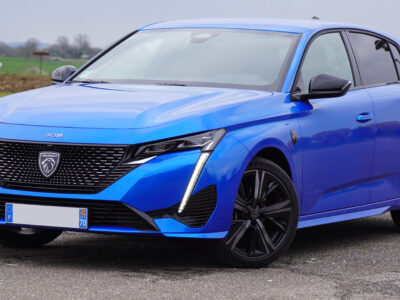
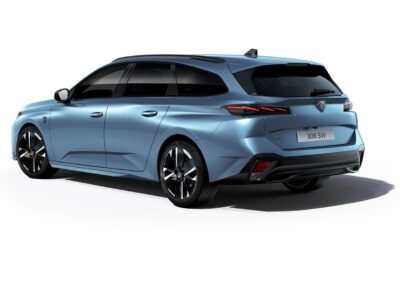
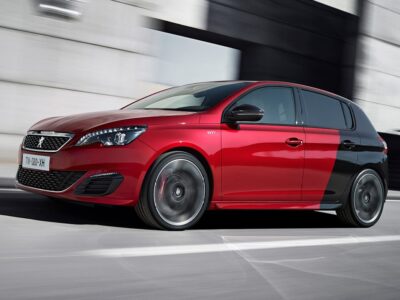
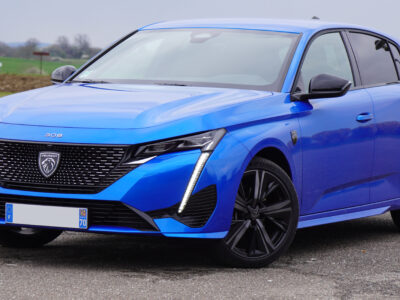
More content of your interest